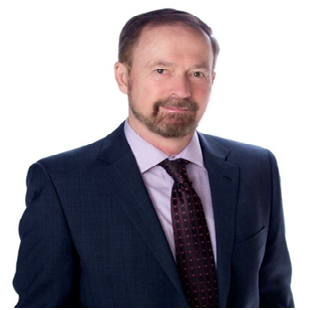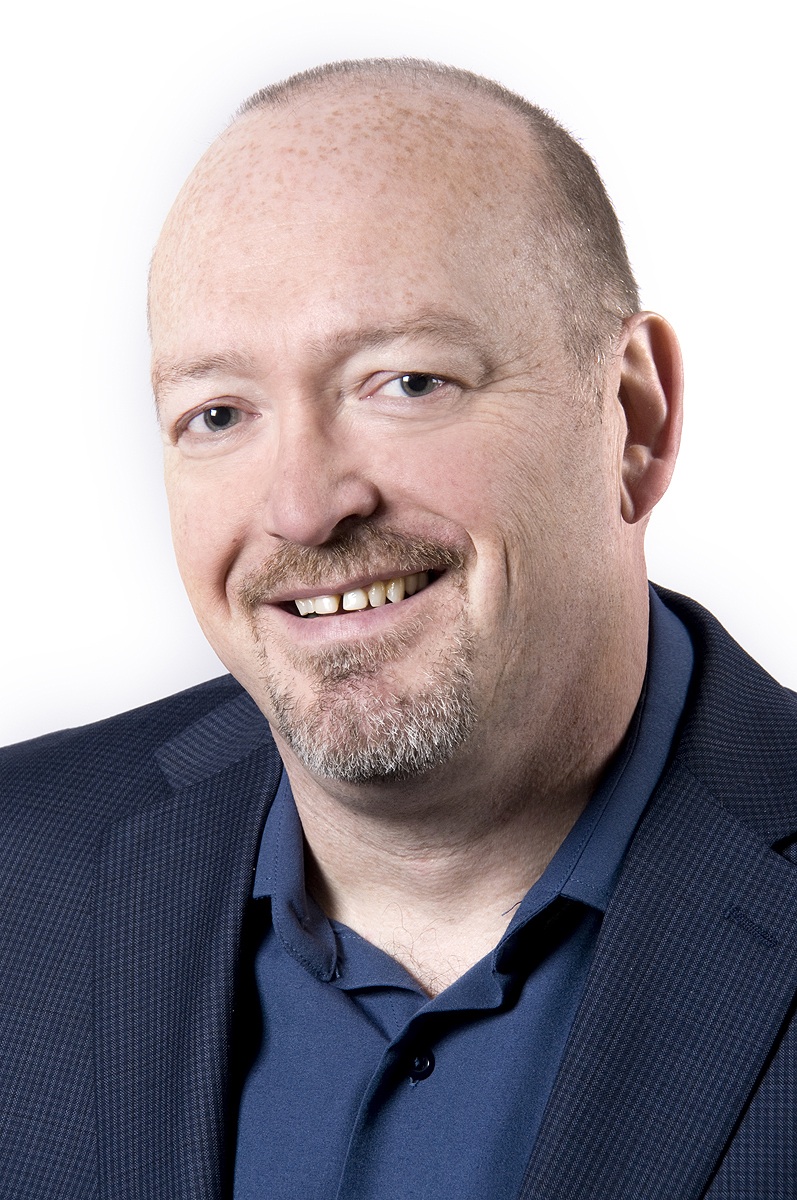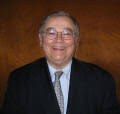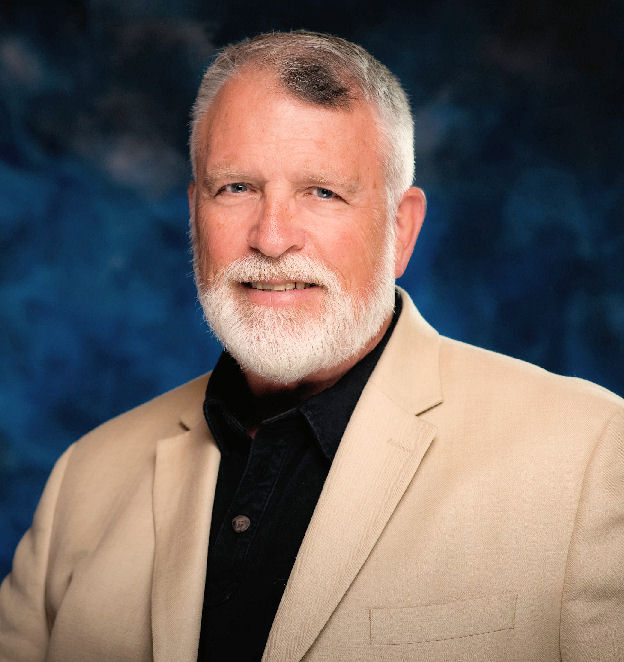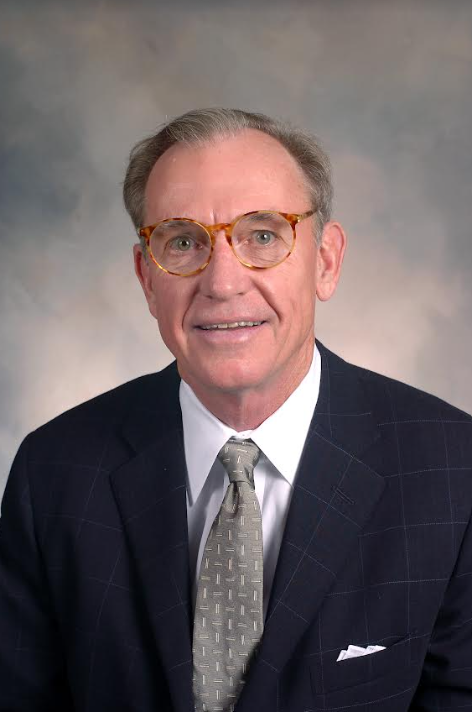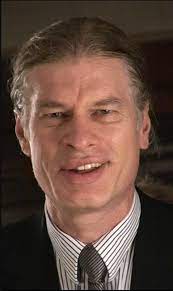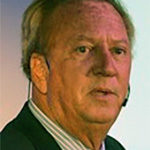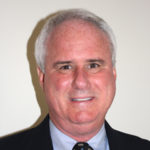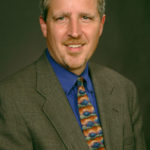Managing Toxic & Other Employees Who Have Attitude Issues
Toxic employees cause significant overt, covert, people-related & financial damage with their visible behavior just being the tip of the iceberg. For example, in one organization the day a former employee left the organization is considered one of their annual holidays.
Clever toxic employees :
- Utilize their technical expertise to intimidate & manipulate
- Know who to flatter & who they can abuse
- Turn their toxicity on & off depending on the impression they want to make
Unfortunately, organizations can work against themselves & even promote toxicity by:
- Restructuring his/her job to accommodate a toxic employee
- Tolerating toxic employees who have valued expertise
- Not assertively seeking employee feedback as to whether there is toxic behavior in the workplace
- Not communicating to all employees the specific interpersonal behaviors that will not be tolerated – with the associated consequences
Managers sometimes attempt to fix this type of problem by addressing a toxic employee's attitude. And while a toxic employee's attitude certainly affects his/her behavior, managers usually find that controlling an employee's attitude is next to impossible.
Managers can be much more effective by:
- Discussing the specific behaviors that are negatively impacting other employees and/or the
- organization
- Using positive & negative consequences to influence that behavior
I. Human & Financial Costs Resulting from Toxic Employees
Toxic Employees Create:
- Chaos & unnecessary complexity
- Overt damage
- Covert damage
- Strife, stress & emotional damage
- Productivity, quality & financial losses
II. The A, B, and C’s Related to Toxic Employees
- Employee attitudes
- Employee behaviors
- Consequences that managers can exert
III. The Psyche of a Toxic Employee
- Frequently seen toxic behaviors
- Utilize ‘star status’ & technical expertise to intimidate & manipulate
- A chameleon who knows who to flatter & who he/she can abuse
- Turn their toxicity on & off depending on the impression they want to make
- Three common forms of toxic behavior
IV. Common Reactions to Toxic Employees That Frequently Don’t Work
- Restructuring his/her job to accommodate the toxic employee
- Tolerating toxic employees who bring rare expertise or experience
- Not assertively seeking feedback from employees as to whether there is toxic behavior in the workplace
- Not communicating to all employees the specific behaviors that will not be tolerated – with associated consequences
V. Effective Approaches for Addressing & Preventing Toxicity
Organization-wide strategies:
- Making positive interpersonal behavior an organizational value
- Evaluating interpersonal behavior as a part of the performance appraisal system
- Training leaders on how to address toxic behavior
- Using behavioral-based interview questions to screen toxic applicants
- Exit interviewing to identify any toxic behavior in the workplace
Departmental & team strategies:
- Defining appropriate interpersonal interactions with behavior-specific descriptions & standards
- Using team discussions & role-plays to clarify the application of the behavioral descriptions & standards
- Utilizing a 360-degree feedback process to assess the work environment
One-on-one strategies:
- Stating explicitly that the behavior is not acceptable & why
- Describing both unacceptable & acceptable behavior
- Asking the employee to commit to & describe how he/she will change his/her behavior
- Frequent, targeted counseling feedback
- Executive coaches
- Progressive discipline
- Termination
But even terminations are not a cure-all because of the:
- Toxic-enabling people & organizational culture tendencies may remain
- Employees may still be resentful of the way they were treated by the employee & the time it took the organization to react
- The expertise & experience of the toxic employee are lost
Most organizations have employees who on occasion:
- Complain & gossip excessively
- Use inappropriate language
- Are mildly insubordinate
But Toxic Employees have interpersonal styles that demonstrate a pattern of counter-productive work behaviors. While Emotionally Intelligent employees are aware of their feelings & those of others exhibit a pattern of appropriate self-management.
The toxic employee problem is surprisingly prevalent with research showing :
- 95% of employees have & 64% are currently working with a toxic employee
- 50% of employees have thought of quitting & 12% did because of a toxic employee
- 25% of employees have reduced their work effort due to a toxic employee
- 20% of employees feel they are a target weekly & 10% of employees see toxic behavior daily
Anyone with managerial or leadership responsibility
Pete Tosh is Founder of The Focus Group, a management consulting and training firm that assists organizations in sustaining profitable growth through four core disciplines:
- Maximizing Leadership Effectiveness
- Implementing Strategic HR Initiatives
- Strategic Planning
- Enhancing Customer Loyalty
The Focus Group has provided these consulting & training services to manufacturing & service organizations across the U.S., Canada, Europe & the Middle East.
Pete has worked closely with the senior leadership teams of organizations such as Brink’s, EMC, State Farm Insurance, Marriott, N.C.I., Freddie Mac, and YKK Pete is also co-author of Leading Your Organization to the Next Level: The Core Disciplines of Sustained Profitable Growth. Pete holds a B.A. degree in Psychology from Emory and Henry College
& Masters degrees in both Business Administration & Industrial Psychology from Virginia Commonwealth University.
Upcoming Webinars













